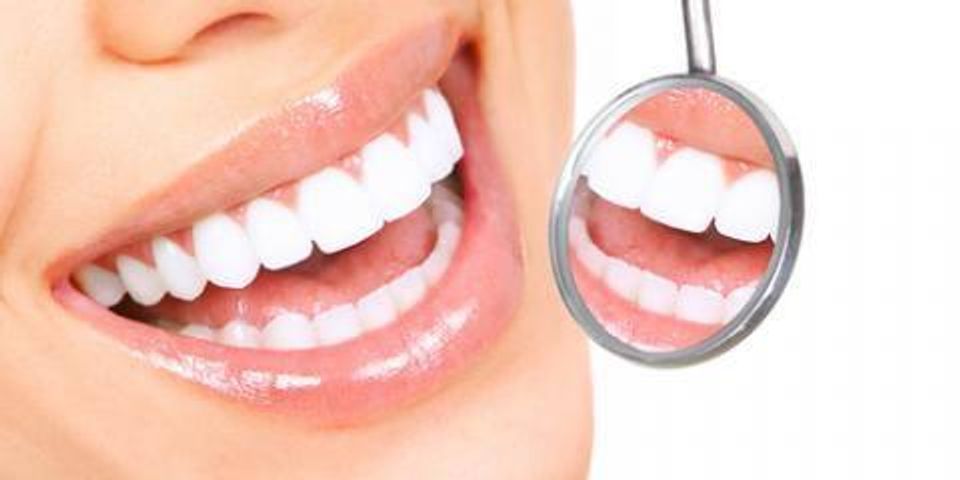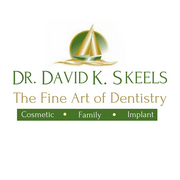Periodontal Therapy 101: Rochester Dentist Explains the Basics

While everyone knows cavities lead to dental decay, gum disease is just as capable of causing tooth loss. More formally known as periodontal disease, this ailment affects more people than you might think—especially because it doesn’t usually cause pain. To understand how periodontal therapy works, it helps to gain a basic understanding of periodontal disease. As one of Rochester, NY’s most-trusted dentists, Dr. David K. Skeels provides a thorough overview:
 Periodontal disease is an advanced form of gum disease that occurs when gingivitis—the inflammation of gums caused by bacteria buildup—goes unaddressed. At this stage, the gums begin to pull away from the teeth, and the spaces (or pockets, as they are known) can fill with pus or additional bacteria. Depending on the severity of the case, periodontal disease can cause bone and tooth loss. While people of any age can get periodontal disease, smokers and people with diabetes, high stress, or a genetic predisposition are more likely to develop it.
Periodontal disease is an advanced form of gum disease that occurs when gingivitis—the inflammation of gums caused by bacteria buildup—goes unaddressed. At this stage, the gums begin to pull away from the teeth, and the spaces (or pockets, as they are known) can fill with pus or additional bacteria. Depending on the severity of the case, periodontal disease can cause bone and tooth loss. While people of any age can get periodontal disease, smokers and people with diabetes, high stress, or a genetic predisposition are more likely to develop it.
A dentist will usually treat periodontal disease with scaling and root planing. This is, essentially, an intense version of teeth cleaning that extends to the gums. Over four separate dentist appointments, the pockets between the gums and the teeth are made smaller by scraping away the bacteria on and around the gum line with ultrasonic and hand tools. Germs are also removed from the root of the tooth. Often, a soft tissue laser is used to get rid of stubborn plaque and restore the gums and teeth to health. The laser is not only proven to have better long-term effects, but it also causes minimal post-therapy discomfort. Dentists may finish the therapy by applying an antibiotic called ARESTIN® to kill any remaining bacteria.
Periodontal therapy can be effective, but maintaining proper oral health after the procedure is crucial in preventing a relapse and, ultimately, a tooth extraction. For more information on periodontal therapy or to make an appointment with a respected dentist in the Rochester area, contact Dr. David K. Skeels’ clinic at (585) 467-7000 today. Your can also visit the website to learn more about treatment options.
About the Business
Have a question? Ask the experts!
Send your question

